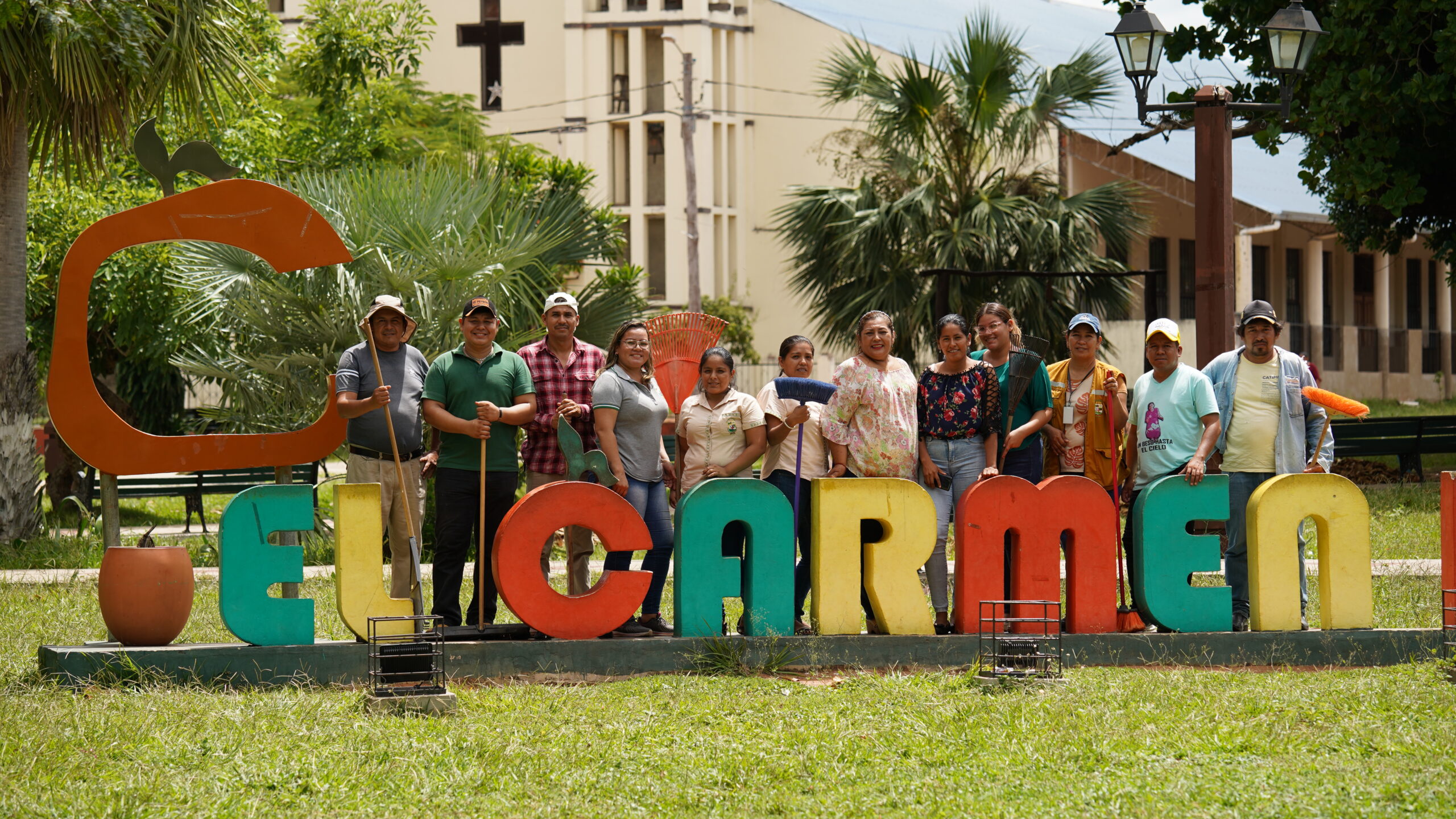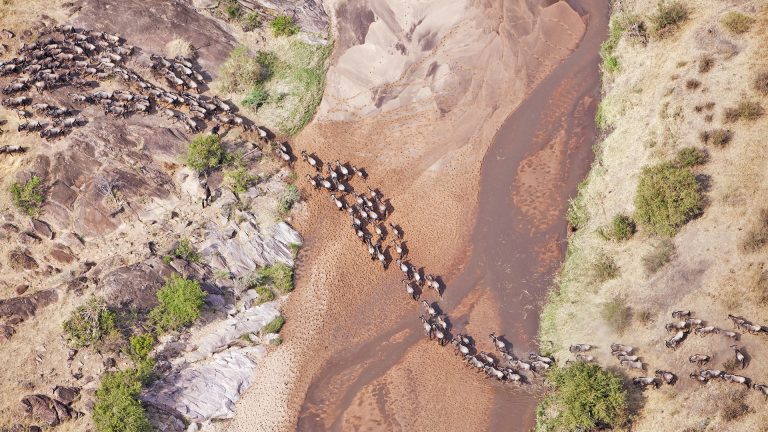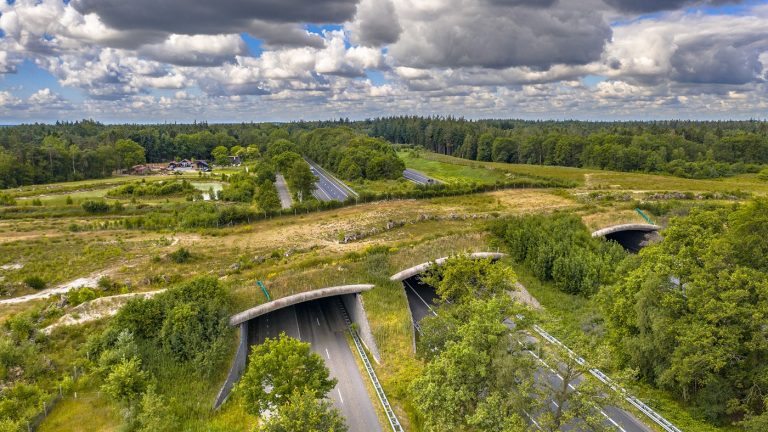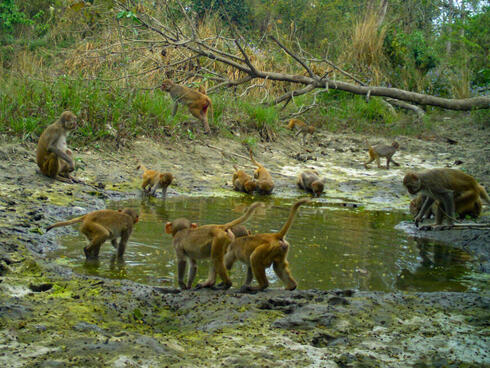June, 2022.- WWF-Bolivia and the Conservation Biogeography Group of Humboldt-University Berlin signed a memorandum of understanding, with the aim of promoting collaborative and effective work that strengthens the conservation and sustainable management of ecosystems in the Chiquitanía y Chaco landscapes through scientific evidence.
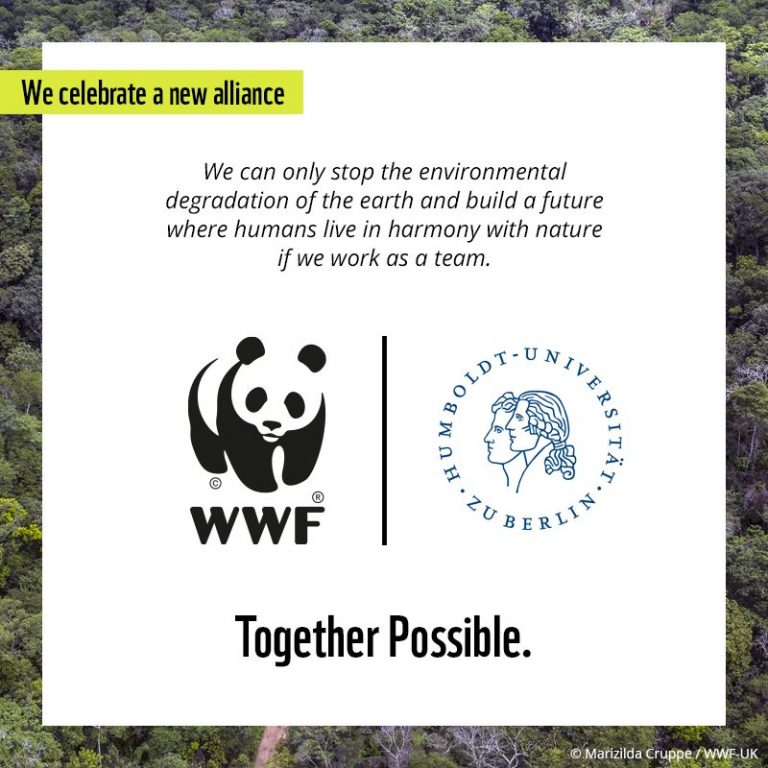
The Conservation Biogeography Group at the Geography Department of Humboldt-University Berlin carries out research to help understand patterns and drivers of land-use change, how this impacts biodiversity in landscapes, and which strategies can help to balance conservation goals and land use. Within this framework, the group carries out research in various tropical dry forest regions of the planet, including the Gran Chaco and Chiquitanía in South America, where WWF has been carrying out conservation actions for almost 20 years.
WWF, an environmental organization present in more than 100 countries, has the mission of stopping the environmental degradation of Earth and building a future where human beings live in harmony with nature. Present in Bolivia since 1993, it works in three priority landscapes: Amazonia, Chiquitanía and Pantanal Chaco. In these places, WWF, among other actions, supports and strengthens the management of Protected Areas with training, equipment, and monitoring support. In addition, it contributes to land use planning, including a comprehensive vision in relation to changes in land use and its impact on hydrobiological pulses, and promotes responsible livestock production. Likewise, it strengthens the participation of youth and indigenous groups and contributes to strengthening ecological connectivity.
With this alliance, WWF and the Conservation Biogeography Group seek to carry out joint research projects, including data sharing and shared fieldwork. The goal of this alliance is to generate a science basis, including evidence and datasets, that can help in the planning and implementation of conservation actions and their dissemination. This collaboration will also enable capacity building through the exchange of researchers and staff between both institutions in Santa Cruz and Berlin.
“WWF’s work is based on science. Scientific information enables us to develop innovative approaches and strengthen our efforts to identify conservation needs, set priorities, and ensure that our conservation programs are effective and deliver results for people and nature. That is why this collaborative work with the Humboldt-University Berlin will be essential to continue contributing from science to the Chiquitanía, the best-preserved dry forest, and the Chaco, the second biggest forest in South America, both strongly pressured by land-use change, making people and nature prosper together”, said Jordi Surkin, Director of Conservation at WWF-Bolivia.
“We are excited about this new collaboration for several reasons” Prof. Tobias Kuemmerle, head of the Conservation Biogeography Group explains “We are always eager to partner with conservation organizations to make sure that our research is applicable and useful for conservation planning and actions. We have worked a lot in the Chaco for almost 10 years, mainly in Argentina, and with this cooperation we are looking forward to really expanding our activities in the Bolivian Chaco and Chiquitanía region. This will hopefully generate useful insights and data on land-use change, biodiversity impacts, and possible conservation solutions to safeguard biodiversity – and it will allow for interesting comparisons across regions”. “The generation of scientific information in the Chaco and Chiquitanía biomes will allow us to continue quantifying and disseminating the multiple benefits and ecosystem services that nature provides us. In addition, it will facilitate the identification of threats and the design of the best strategies to deal with the factors that generate pressure on these landscapes, evaluating the impact of the actions that have been developed in these areas in recent years”, added Rafael Antelo, leader of the Wildlife Connect initiative.

